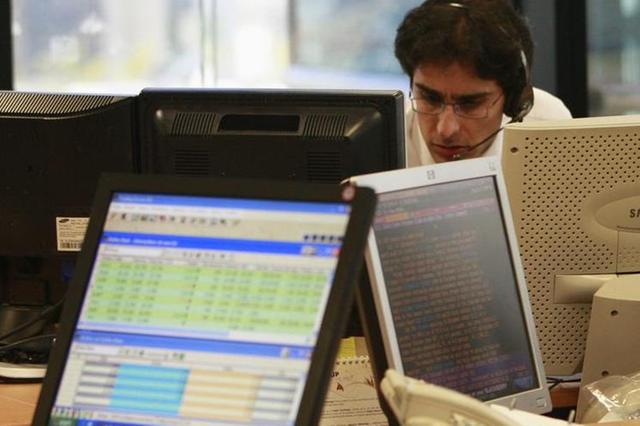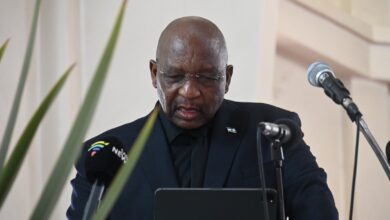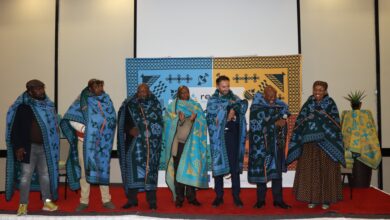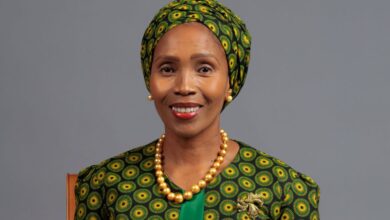Low risk of stress in Lebanon’s banking sector: Fitch

BEIRUT – International rating agency Fitch placed Lebanon’s banking sector among 92 banking systems with a “low level of potential vulnerability,” the highest category on Fitch’s Macro-Prudential Indicator.
“The MPI identifies the buildup of potential stress in banking systems due to a specific set of circumstances. It aims to highlight potential systemic stress that could materialize up to three years after an early warning is first detected,” the report said.
The Lebanese banking sector is seen as the backbone of the economy and the total assets of this sector are almost three times the size of Lebanon’s GDP.
“This assessment is based on three years of annual data, with a trigger in any of the three years determining a country’s MPI score,” Fitch’s report said.
It added that an MPI score of “1” denotes low potential vulnerability, while a score of “2” reflects moderate vulnerability and a score of “3” denotes a high level of vulnerability to potential systemic stress.
It added that Lebanon’s MPI score has been unchanged since October 2013, when Fitch upgraded Lebanon’s score from 2 to 1.
Lebanon, along with Angola, Bahrain, Cameroon, Cape Verde, Gabon, Iraq, Kenya, Kuwait, Lesotho, Morocco, Namibia, Nigeria, Rwanda, Saudi Arabia, the Seychelles, South Africa, Tunisia, the United Arab Emirates, Uganda and Zambia have an MPI score of 1 in the Middle East and Africa region.
This category also includes Canada, Denmark, Finland, France, Germany, Japan and the United States.
The agency indicated that Lebanon’s banking sector was among 15 banking systems that have a Banking System Indicator of “b.”
“The BSI is a measure of intrinsic banking system quality or strength, derived from Fitch’s Viability Ratings for banks.
“It deliberately excludes potential support from shareholders or governments since the objective is to highlight systemic weaknesses that might trigger the need for such support,” the report said.
Lebanon came in the “b” category, along with Egypt and Nigeria in the Middle East and Africa region, as well as Armenia, the Dominican Republic, Ecuador, Kazakhstan, Sri Lanka and Vietnam, among others.
Join 'Lesotho News' WhatsApp Channel
Get breaking Lesotho news — delivered directly to your WhatsApp.
CLICK HERE TO JOIN



